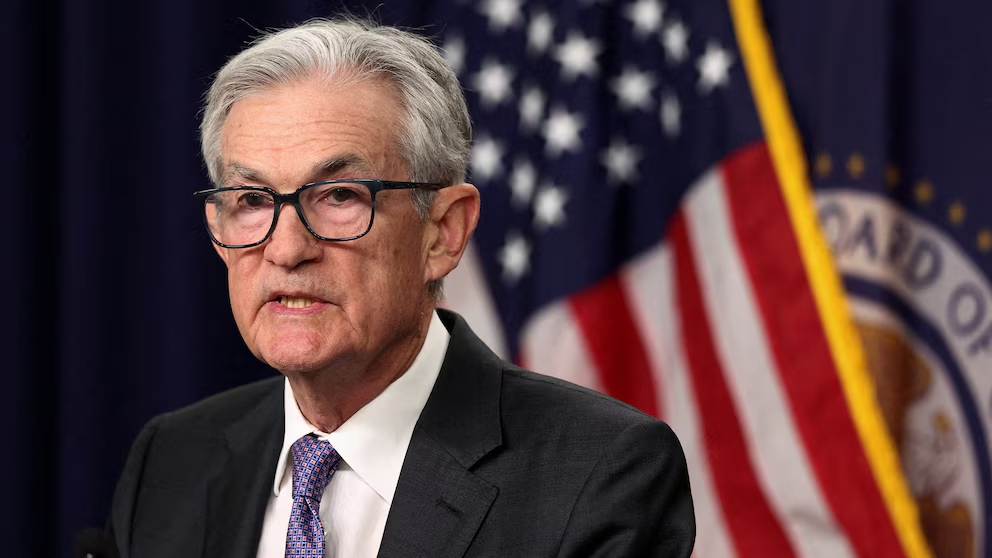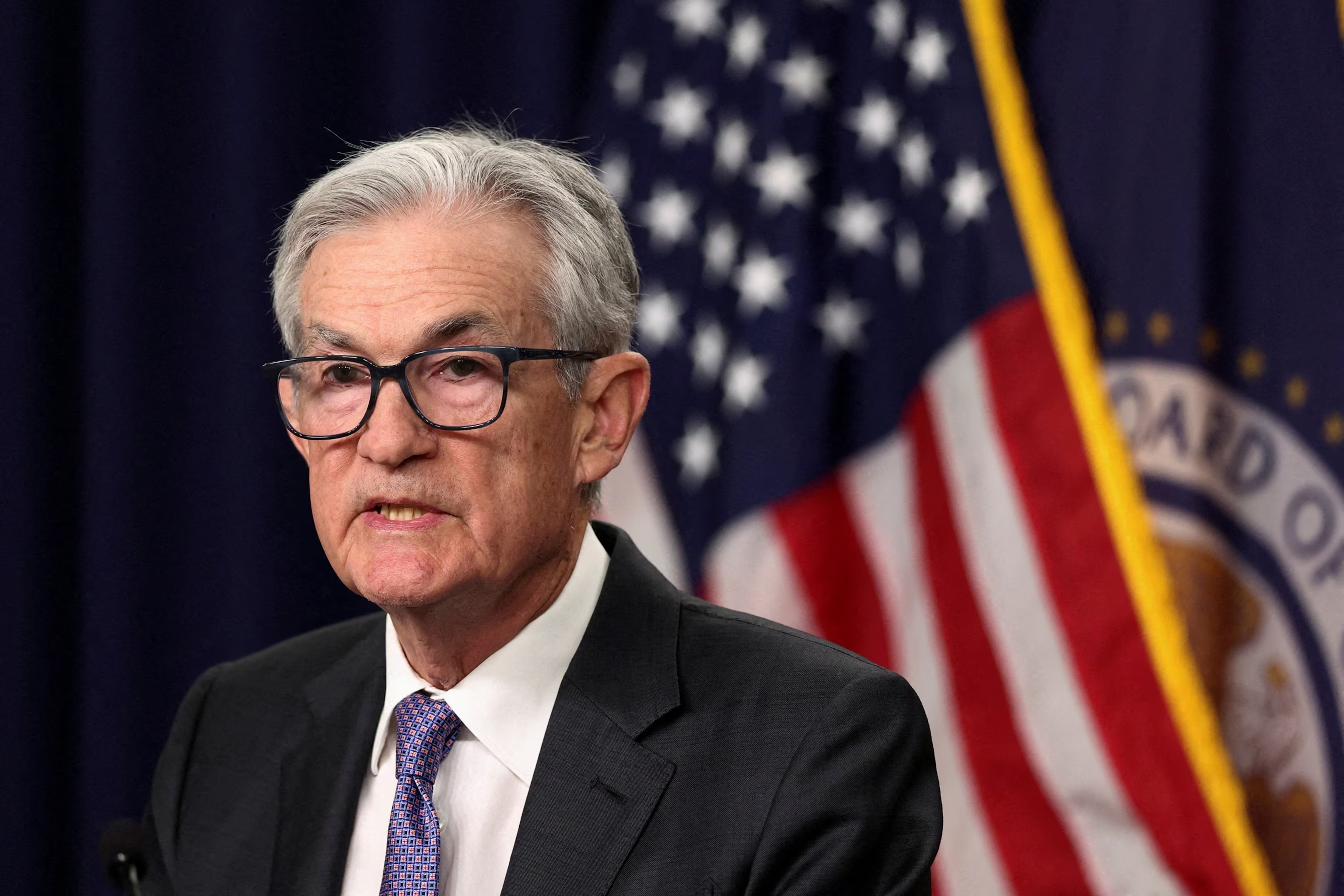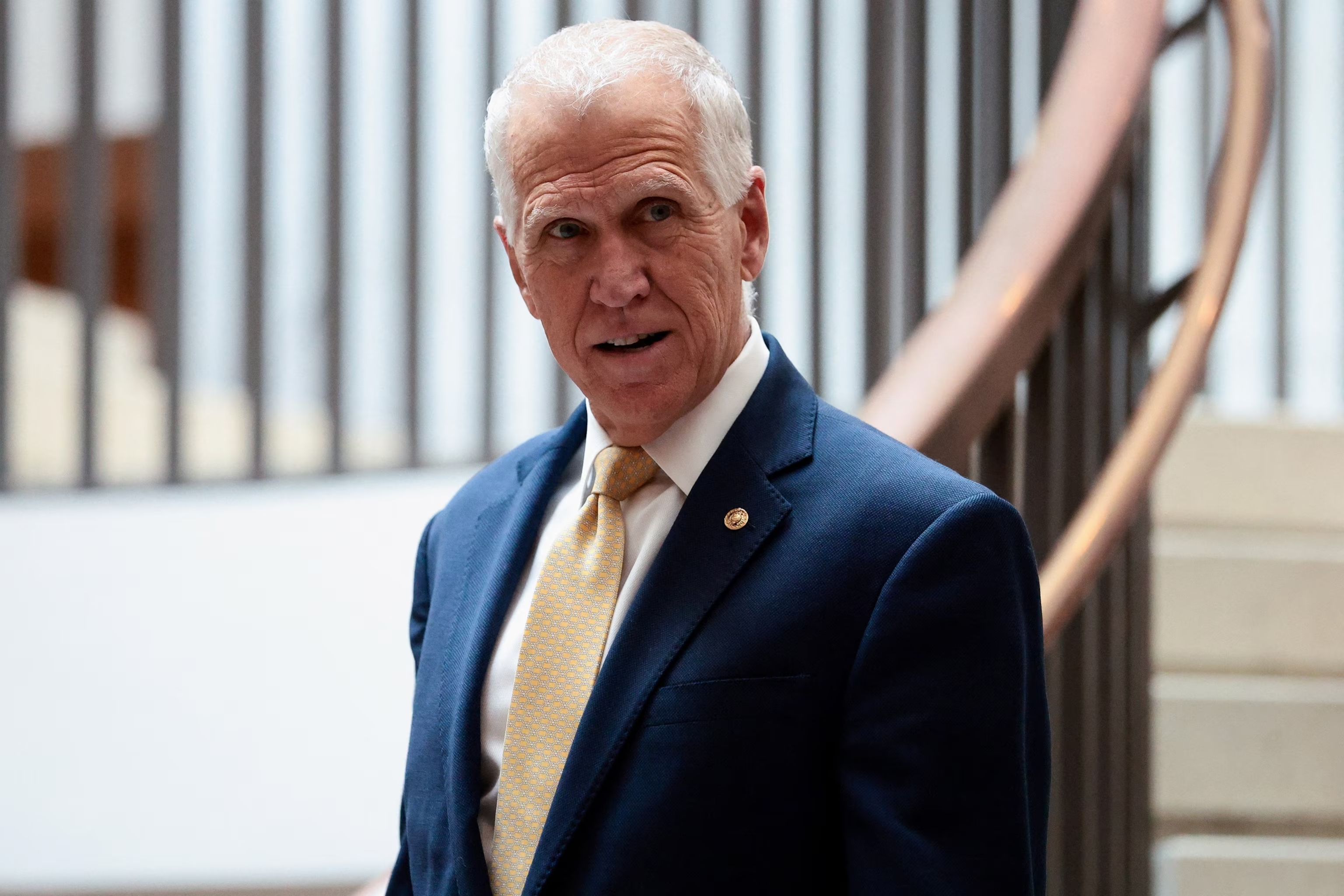
4:18Federal Reserve Chair Jerome Powell conducts a press conference after a two-day meeting of the Federal Open Market Committee at the U.S. Federal Reserve in Washington, December 10, 2025. Kevin Lamarque/Reuters
The Justice Department’s investigation into Federal Reserve Chairman Jerome Powell is causing a backlash from former officials of the Federal Reserve and Treasury, as well as current Congressional members, including those from President Donald Trump’s party.
A bipartisan coalition of leading economic figures issued a scathing statement on Monday, denouncing the investigation as an “unprecedented effort to use prosecutorial measures to erode” the central bank’s autonomy.
"This mirrors how monetary policy is handled in emerging markets with fragile institutions, leading to highly detrimental effects on inflation and the overall operation of their economies. Such tactics have no place in the United States, where the rule of law—fundamental to our economic prosperity—stands as our greatest strength," the statement from Alan Greenspan, Ben Bernanke, Janet Yellen, Tim Geithner, Jacob Lew, Hank Paulson, and others expressed.
The investigation was revealed by Powell in an unusual video message on Sunday, pertaining to his testimony from last June regarding the extensive renovation of the Federal Reserve buildings in Washington. However, Trump has consistently targeted Powell in his critiques and his push for interest rate reductions.

Federal Reserve Chair Jerome Powell conducts a press conference after a two-day meeting of the Federal Open Market Committee at the U.S. Federal Reserve in Washington, December 10, 2025. Kevin Lamarque/Reuters
Trump denied any connection to the criminal investigation during a brief NBC News interview on Sunday night but persisted in his critique of Powell’s leadership. White House press secretary Karoline Leavitt stated on Monday that "no," Trump did not instruct the Justice Department to launch an investigation but claimed the president has "every right to criticize the Fed chair."
ABC News Chief White House Correspondent Mary Bruce questioned Leavitt, "Does the president believe that the Fed should function independently from him?"
"The president has been very clear that he thinks Jerome Powell is not performing well in his role. Furthermore, he has also stressed, along with many economists, that interest rates should have been lowered a long time ago," she replied.
"But does he believe in the independence of the Fed?" Bruce pressed.
"He has, and he has stated that numerous times," Leavitt affirmed.
White House National Economic Council Director Kevin Hassett, who is on Trump’s shortlist to be the next Federal Reserve chair, mentioned that only time will reveal if the investigation serves as a pretext for dismissing Powell over interest rates.
“Well, eventually, we will determine whether it appears to be a pretext,” Hassett, who denied any involvement in the investigation, stated during an appearance on CNBC on Monday. “But at this moment, we have a building that is experiencing significant cost overruns and plans for the renovations that seem inconsistent with the testimony. However, I’m not a Justice Department official. I hope everything resolves positively.”
Republican Sen. Thom Tillis, who is part of the Senate Banking Committee, stated he would oppose the confirmation of any Trump nominee to the Federal Reserve until the legal issues surrounding Powell are addressed, which may complicate the advancement of a nominee out of committee.
"If there was any remaining uncertainty about whether advisers within the Trump Administration are actively working to undermine the independence of the Federal Reserve, there should be none now. The integrity and independence of the Department of Justice are now in question," Tillis remarked in a statement on Sunday night.

Senator Thom Tillis arrives to attend a briefing for senators on the situation in Venezuela, on Capitol Hill in Washington, D.C., January 7, 2026. Evelyn
Sourse: abcnews.go.com